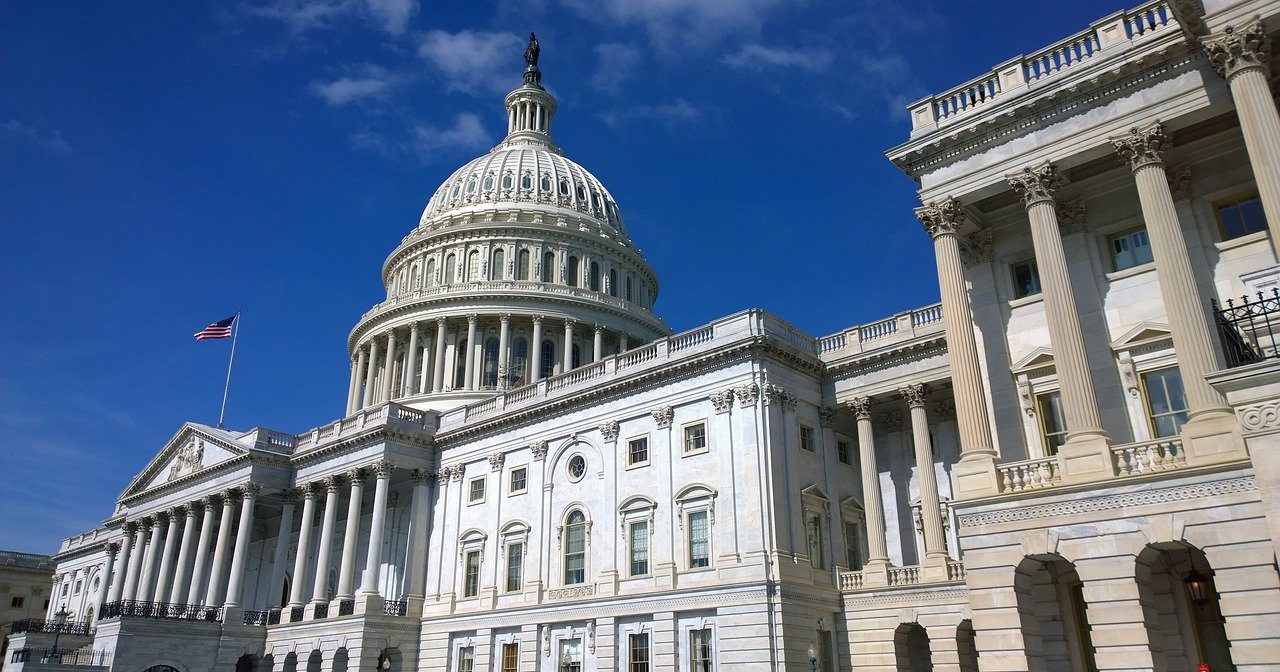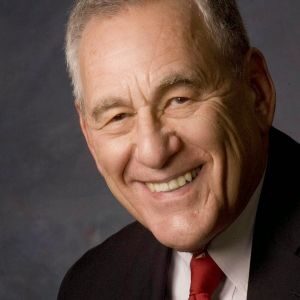Federal-state relations have reached a new low.
Previously, I discussed how the federal government has worn away the powers of one-time sovereign states.
In reacting to the COVID-19 pandemic, the Trump administration has treated the states almost as if they are foreign governments.
The problem is rooted in the belief that political power in American government is found in the White House. Congress has ceded powers to the executive as states have faded.
While it is unlikely the president will direct the federal government to seek enhanced cooperation with the states, at least two possible ways exist to restore an appropriate role for states in dealing with common problems.
The first is increased joint action. Without federal involvement, states could improve how they work together. The purpose would be to avoid paralysis when the federal government will not work with them — like during the current pandemic.
Suppose that the states had formed a national organization to discuss state policies together. Perhaps the organization could include a joint purchasing agency that could act on behalf of some or all states.
Speaking with a single voice, the states would have more impact than by acting independently.
The states have not tried to speak with one voice since the outbreak of the coronavirus. As a result, the president has limited their ability to resolve COVID-19 issues.
Faced with the outbreak, states were surprised to learn that federal stockpiles of necessary supplies did not exist. Further, the federal government refused to use its considerable market power to acquire supplies. Instead, the Trump administration told the states to act on their own.
This federal policy drove up the costs of ventilators, masks and protective gowns as states competed against each other, despite lacking national market power. Supplies did not necessarily go where they were most needed.
When the president or vice president has chosen to speak with the governors, it has been to urge them to follow White House policy or to take action on their own without federal support. Individual governors have been pitted against one another.
Larger states, such as New York and California, have been able to take action on their own. But Maine, like other small states, has been reduced to being a recipient of federal action.
Gov. Janet Mills could not get the federal government to deliver tests that it had promised. She was not even consulted before Trump announced that he was coming to Maine on a presidential visit.
An organization of states exists. The National Governors Association needs to begin acting more like a Council of States and not as a mere discussion group.
The threat is that partisan disagreements might hamper joint action. Yet, it is possible that states’ shared interests would promote some important common positions. And joint purchasing could be a great attraction.
Federal influence on states stems from Washington’s financial support. The federal government has almost unlimited financial ability, because of its borrowing, and most problems need public funds as part of their solution. Federal money inevitably comes with strings attached.
As a result, purely state institutions like schools and the police may be forced to follow federal dictates, if states accept significant federal funds. This trade-off has left states in weakened positions. They would be stronger if they acted together more often.
In the early 20th century, the Senate ceased to be composed of state delegates and became popularly elected. Since then, there has been no formal federal-state point of contact. That results in federal hand-outs, not cooperation.
For almost 100 years, the two houses of Congress have operated the bipartisan Joint Committee on Taxation. It works mainly out of the spotlight, because it does not vote on bills. Instead, it provides the official estimate of the effect of tax bills and monitors the operation of the income tax.
The federal-state void might be filled by a similar committee. Congress could create a Joint Committee on Federal-State Relations. It could evaluate the impact of proposed federal bills on state budgets. It could also report on how federal legislative proposals might affect state authority.
This joint committee could provide a prime point of contact with nonpartisan state representatives, presumably chosen by the National Governors Association. This more formal link would be a valuable addition to individual state lobbying and, through the National Governors Association, increase the role of smaller states.
With the creation of this committee and its regular contact with the National Governors Association, the influence of states on federal actions could be increased without becoming partisan. Common state interests, which might be met by increased federal action, might also be identified by this committee.
Neither stronger interstate cooperation nor the joint committee would be revolutionary, and that may be their strength. They would take advantage of existing organizations and procedures.







